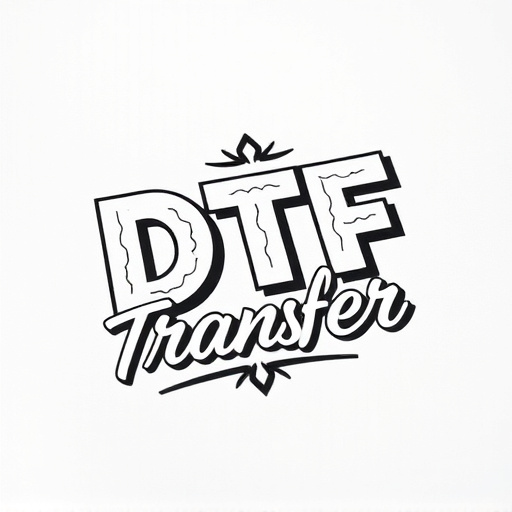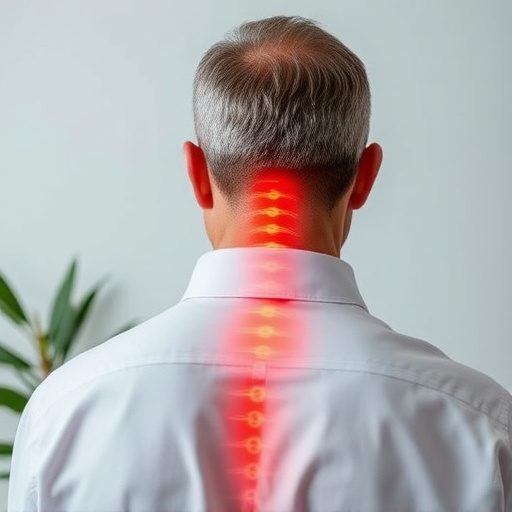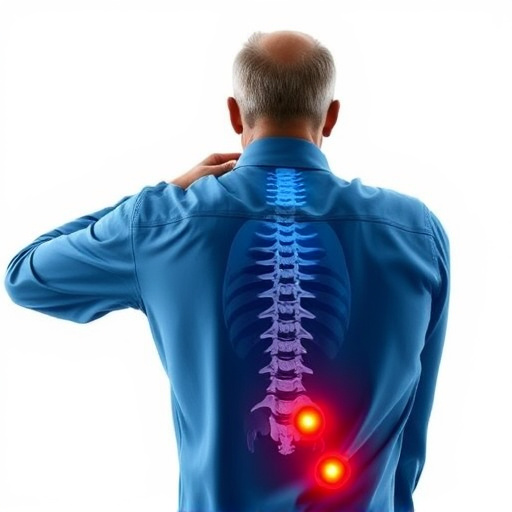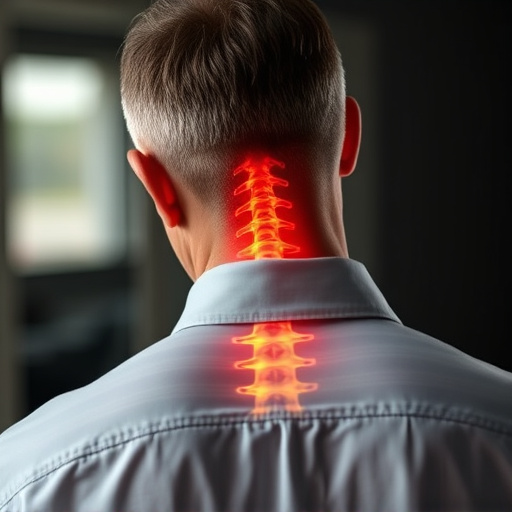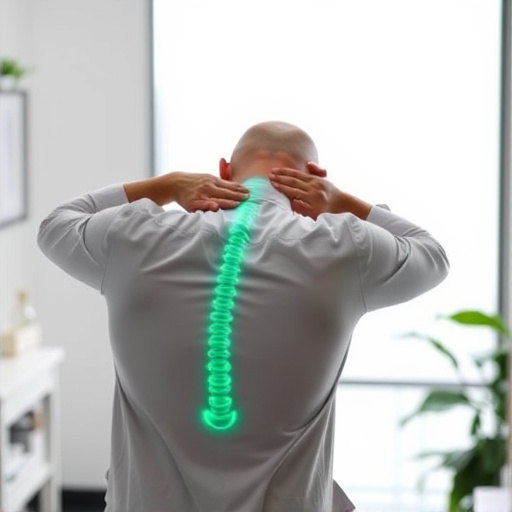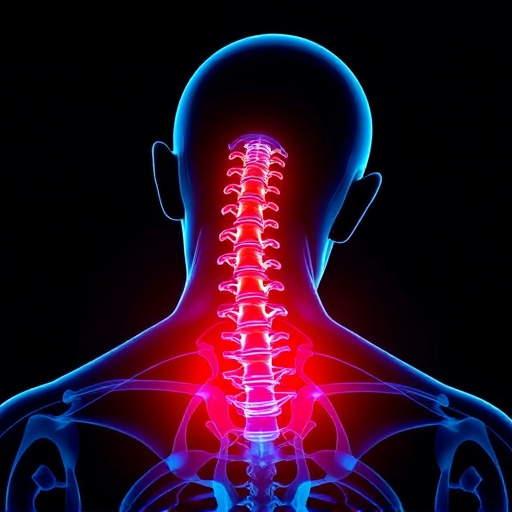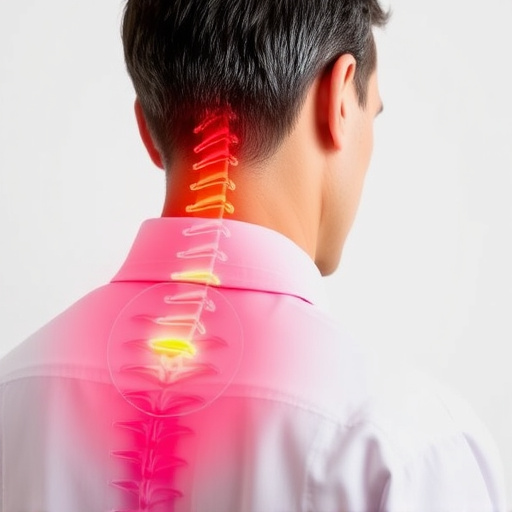After a car accident, understanding and adhering to the PIP (Personal Injury Protection) insurance 14-day rule is crucial for a seamless recovery. This timeframe ensures prompt notification to insurers, enabling timely medical care, documentation of injuries, and efficient claim processing. The rule facilitates access to necessary coverage for medical expenses and related costs without delays, integrating immediate medical attention with legal requirements for insurance claims. Specialized collision recovery services, through successful case studies, highlight the importance of adhering to this rule, ensuring a smoother journey for victims.
In the aftermath of automotive collisions, specialized recovery services play a pivotal role in restoring not just vehicles, but also the lives of those involved. This comprehensive guide explores critical aspects of post-collision care, focusing on understanding the impact of these incidents and the key role of PIP (Personal Injury Protection) insurance. We dissect the stringent 14-day rule, highlighting its importance in timely claim processing. Additionally, we provide insights into evaluating damage to identify special needs and strategies for effective recovery, supported by real-world case studies.
- Understanding Automotive Collisions and Their Impact
- The Role of PIP Insurance in Specialized Recovery
- Unraveling the 14-Day Rule: A Critical Timeline
- Evaluating Damage: Identifying Special Needs
- Strategies for Effective Post-Collision Care
- Case Studies: Successful Specialized Recovery Stories
Understanding Automotive Collisions and Their Impact
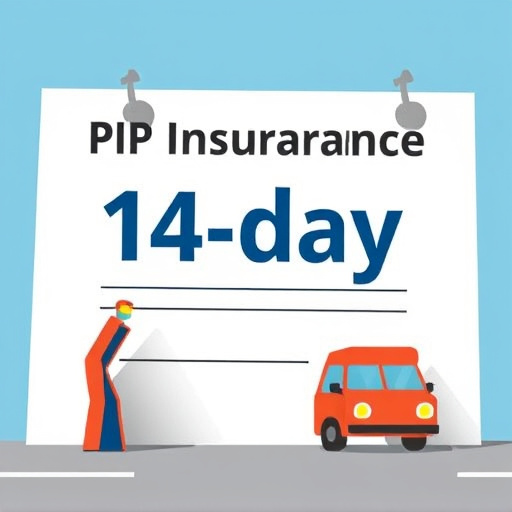
Automotive collisions can range from minor fender benders to severe, life-threatening accidents. Understanding the impact of these events is crucial for effective recovery and compensation. When a vehicle collides with another or an object, the forces involved can cause a variety of damages—from physical injuries and property damage to emotional trauma and financial strain.
In many cases, individuals involved in automotive collisions are entitled to PIP (Personal Injury Protection) insurance benefits, which provide short-term medical coverage and income replacement within a 14-day rule. This immediate support is vital for navigating the aftermath of an accident, ensuring access to necessary healthcare services and helping to stabilize financial situations during recovery.
The Role of PIP Insurance in Specialized Recovery
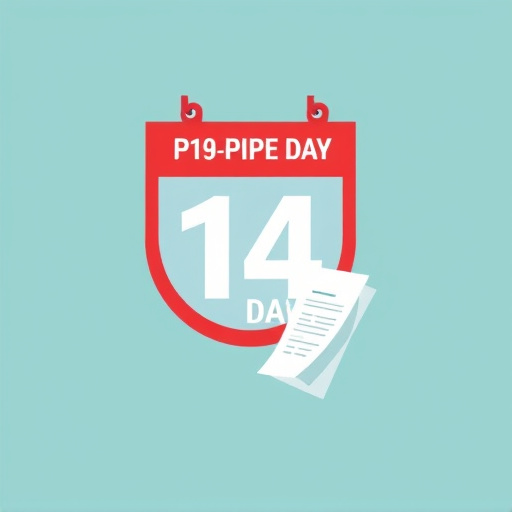
After a car accident, specialized recovery efforts are often required to restore vehicles and lives. Here, Personal Injury Protection (PIP) insurance plays a pivotal role in facilitating this process. PIP insurance, mandated in many jurisdictions, provides essential coverage for medical expenses and other related costs for injured parties, regardless of fault. This immediate financial support is crucial for victims, ensuring they can access necessary healthcare without facing overwhelming bills.
One notable aspect of PIP insurance is the 14-day rule, which allows policyholders to file claims within a specific timeframe. This rule streamlines the recovery process by encouraging timely medical treatment and documentation of injuries. Promptly engaging with PIP insurers enables victims to receive adequate compensation faster, facilitating access to specialized repair services for their vehicles and ensuring they can navigate the aftermath of an automotive collision with minimal disruption.
Unraveling the 14-Day Rule: A Critical Timeline
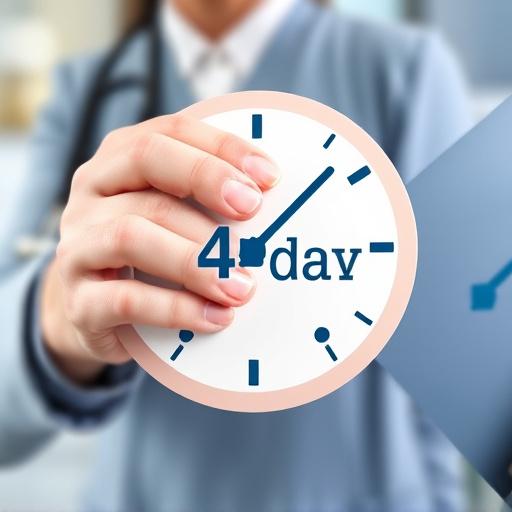
After an automotive collision, understanding critical timelines is essential for a seamless specialized recovery process. One crucial aspect to grasp is the PIP (Personal Injury Protection) insurance 14-day rule. This time frame plays a pivotal role in ensuring that you receive necessary medical care and benefits. Within 14 days of the incident, insured individuals are required to notify their insurance providers about any injuries sustained, even if they seem minor at first. Failure to comply with this rule can lead to delays in coverage and reimbursement for related expenses.
The 14-day mark is not just a deadline; it’s a catalyst for proactive steps. It encourages prompt medical evaluations, which are vital in documenting the extent of injuries and determining appropriate treatment plans. This early engagement with healthcare professionals ensures that any potential complications or long-term effects are addressed effectively. Additionally, it facilitates a smoother process for filing PIP claims, enabling policyholders to access essential benefits without undue postponements.
Evaluating Damage: Identifying Special Needs
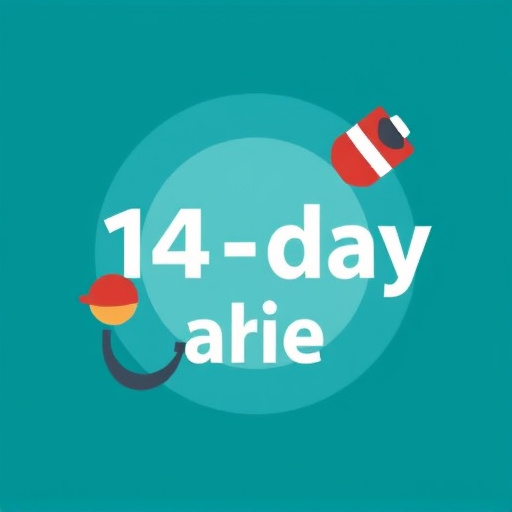
After an automotive collision, the first step in specialized recovery is a thorough evaluation of the damage. This process involves more than just assessing the visible impacts; it requires identifying special needs that may arise from hidden or less apparent injuries. In many cases, individuals involved in car accidents experience what’s known as “latent” or “hidden” injuries—conditions that might not manifest immediately but can significantly impact long-term health and recovery.
Understanding these unique challenges is crucial for a seamless recovery process. For instance, policies like PIP (Personal Injury Protection) insurance play a critical role, especially considering the 14-day rule which mandates swift action to claim benefits. By recognizing special needs early on, individuals can access appropriate medical care, ensure proper documentation, and adhere to legal requirements set by their region’s motor vehicle regulations—all of which contribute to a more effective recovery journey.
Strategies for Effective Post-Collision Care

Effective post-collision care is a multifaceted process designed to cater to the physical and emotional well-being of individuals involved in automotive collisions. Immediately after an accident, it’s crucial to prioritize immediate medical attention for all parties concerned. This includes transportation to a healthcare facility for assessment and treatment of any injuries sustained. Timely intervention can significantly impact recovery outcomes.
Another critical aspect is understanding the legal framework surrounding personal injury protection (PIP) insurance policies, particularly the 14-day rule. This rule stipulates that policyholders must notify their insurance providers about an accident within a specified timeframe, usually 14 days. Prompt notification enables quicker claim processing and ensures access to necessary coverage for medical expenses and other related costs without undue delays. Effective post-collision care thus involves both immediate medical attention and adhering to legal requirements for insurance claims.
Case Studies: Successful Specialized Recovery Stories

In the realm of automotive collision recovery, specialized services have played a pivotal role in transforming the experience for those involved. Let’s explore some compelling case studies that highlight successful recoveries, particularly focusing on how specialized teams adhere to crucial aspects like the PIP (Personal Injury Protection) insurance 14-day rule.
These stories often involve intricate scenarios where quick action and expert knowledge are paramount. For instance, consider a recent case where a severe collision left a vehicle in a highly compromised state. The specialized recovery team swiftly mobilized, ensuring the safety of all parties involved while adhering to the PIP insurance guidelines. Within the mandated 14-day period, they successfully extracted the vehicle, facilitated repairs, and helped the policyholder navigate the claims process seamlessly. Such outcomes underscore the importance of having dedicated professionals who understand the nuances of PIP insurance regulations, ultimately fostering a smoother recovery journey for everyone involved.


